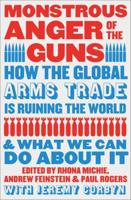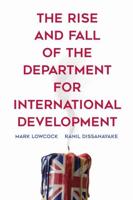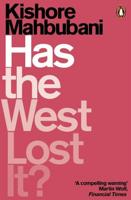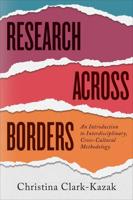Publisher's Synopsis
Subjective measures are increasingly included among the set of assessment tools for poverty used by countries. Objective poverty measures alone are not sufficient to understand the complexity of poverty. Subjective measures can therefore complement them in important ways, especially with regard to reaching the poorest and making their voices heard. Statistical analyses related to the use of subjective and quasi-subjective measures on living conditions, equality, and environmental sustainability can be used to construct measures of an objective nature, for example, deprivation indices, and to verify other measures, such as equivalence scales and price indexes. Subjective measures can further add value in considering quantitative approaches to measuring poverty which rather than asking for a specific monetary value (levels of income, expenditures, consumption, or wealth), consider respondents' perceptions about theirs (or a hypothetical household's) material, financial, or economic situation. This publication explores the conceptual basis and provides approaches to the measurement and analysis of subjective poverty. The document consolidates country examples, reviews methodological challenges in data collection, and offers practical solutions from specific question wordings to ready-to-use R computer code for subjective poverty lines estimation. Building on existing international work, it recommends subjective poverty indicators for international comparison.










